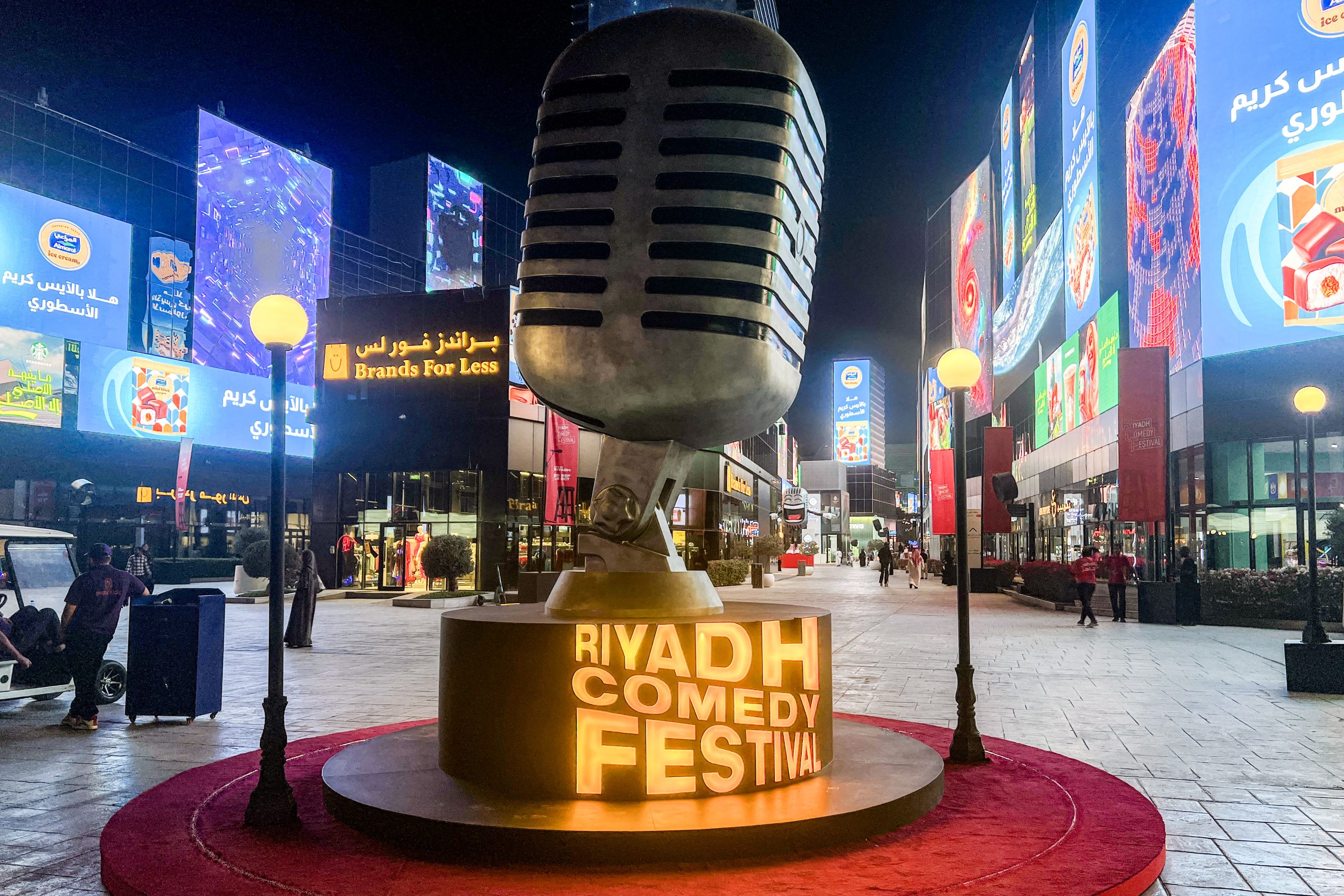Riyadh Laughs: Comedy Fest Sparks Ethics Debate in US
The inaugural Riyadh Comedy Festival, a lavish affair held earlier this month in Saudi Arabia, has ignited a fiery debate within the American comedy scene. While the festival boasted a star-studded lineup including Dave Chappelle, Kevin Hart, Pete Davidson, and Bill Burr, the performances have been met with criticism back in the United States, raising questions about ethics, hypocrisy, and the role of entertainment in international relations.
Saudi Arabia’s Image Makeover
The Riyadh Comedy Festival, touted as the world’s largest of its kind, was bankrolled by the Saudi government as part of its broader strategy to diversify its economy and enhance its global image. This initiative comes as Saudi Arabia attempts to shift away from its reliance on oil and attract foreign investment. The festival, featuring over 50 international comedians across various comedic genres, was undeniably a high-profile event designed to showcase a more modern and open side of the Kingdom.
Comedians Under Fire: Hypocrisy Accusations
However, the participation of prominent American comedians has drawn harsh criticism from fellow performers like Marc Maron, David Cross, and Atsuko Okatsuka. These critics accuse their peers of effectively whitewashing Saudi Arabia’s human rights record. The core of their argument centers on the perceived hypocrisy of comedians, many of whom have built their careers on social commentary and speaking truth to power, now seemingly lending their talents to a regime accused of serious human rights abuses. The critics argue that by performing in Saudi Arabia, these comedians are complicit in normalizing the Kingdom’s actions and providing a “fun face” to its “crimes against humanity.”
The Bigger Picture: Art, Ethics, and Geopolitics
The controversy surrounding the Riyadh Comedy Festival underscores the complex intersection of art, ethics, and geopolitics. It forces us to consider the responsibilities of entertainers when engaging with foreign governments, particularly those with questionable human rights records. While some argue that art and entertainment can serve as a bridge between cultures and promote understanding, others maintain that performing for such regimes lends legitimacy to their actions. The debate highlights the challenges faced by artists navigating an increasingly interconnected world, where their work can have significant political and social implications.
The fallout from the Riyadh Comedy Festival serves as a stark reminder that even laughter can be a serious business, especially when it intersects with international politics and ethical considerations. The debate within the comedy community is likely to continue, forcing comedians and audiences alike to grapple with the complex moral landscape of global entertainment.
Based on materials: Vox





